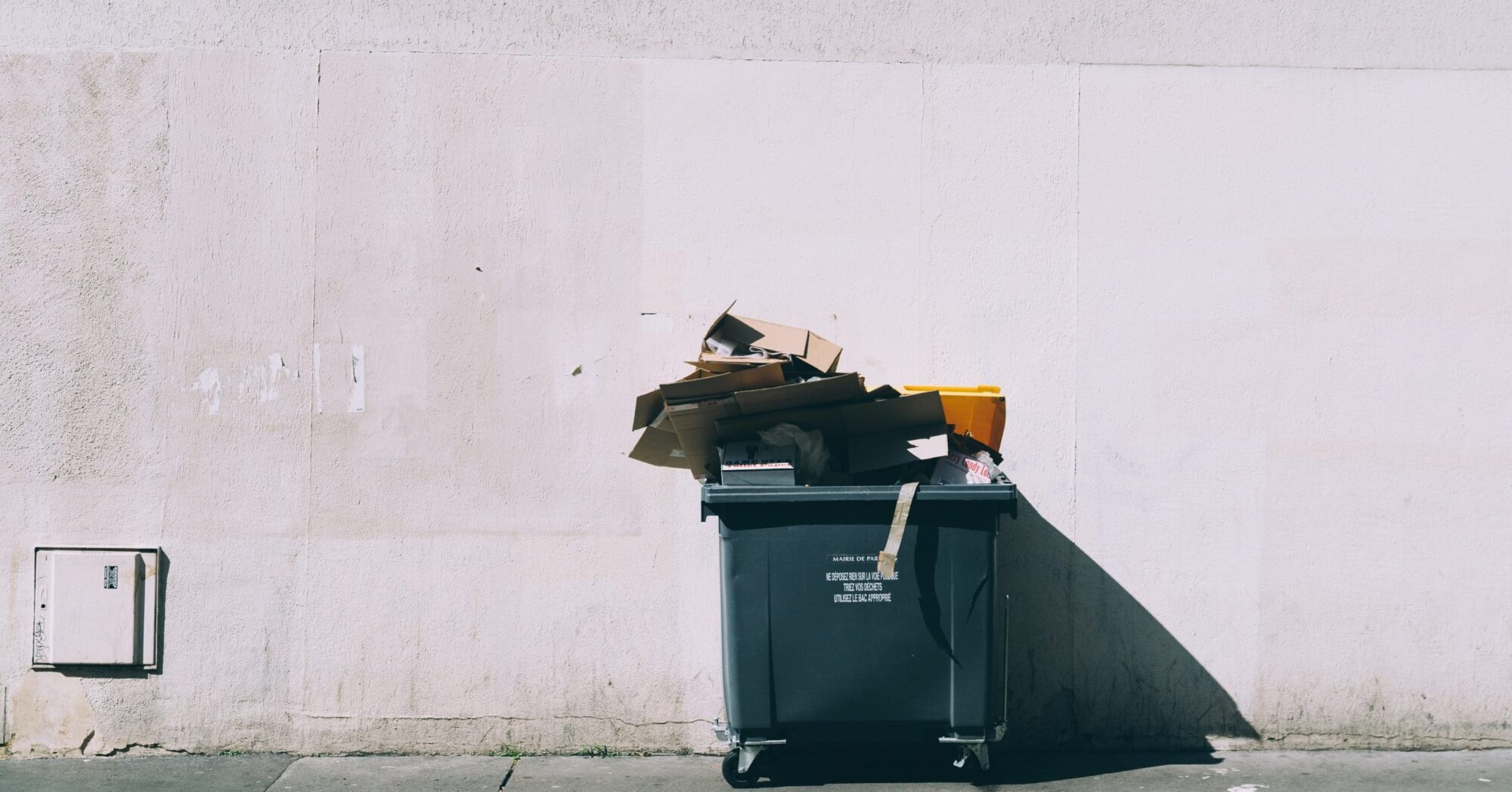In a previous blog we looked at vertical balers and their benefits. Now we’ll look at horizontal balers in detail.
Balers are machines that efficiently compress waste into a transportable block, known as a bale. Horizontal balers are designed to handle large volumes and will operate on a continuous basis.
We often get asked about horizontal balers because they are incredibly useful and time saving, and used by so many industries. We have clients using horizontal balers from the retail, manufacturing and food sectors, amongst others.
Horizontal balers can be semi-automatic or fully automatic. They are often used to bale materials which are recyclable, including cardboard waste, polythene, PET and paper. Recycling centres pay for these materials, so baling and returning them can create a lucrative revenue stream for many organisations.
How do horizontal balers work?
Horizontal balers are designed to handle large waste loads. Our models vary in length from around 4 – 7m of floor space, they are low maintenance and able to produce bales all day long.
A fully automatic horizontal baler senses when it contains enough waste to create a bale, and it starts automatically. The whole process is automatic, from compressing the waste to the finished bale being tied off. The only staff input needed is to load the waste, and take the finished bales off at the end. Fully automatic balers are a firm favourite with large organisations that produce a lot of waste because they make everything so easy. Staff input is absolutely minimal, freeing staff to focus on other activities.
A semi-automatic horizontal baler requires waste loading and starting. It then processes the bales automatically, and alerts staff when it is complete. Staff will then need to tie off and eject the bales themselves.
Semi-automatic balers cost less than fully automatic, but for clients with heavy waste usage, the savings in staff time by far outweigh initial costs.
Benefits of using a horizontal baler
Horizontal balers have many benefits:
- Staff time savings are huge, especially with fully automatic balers
- They allow companies to generate extra revenue from recycling
- The more waste we recycle, the less sent to landfill
- They deal with large amounts of waste at one time
- The robust design makes for a low maintenance machine with a long life
- The balers operate with low noise
- They can be loaded with a bin lifter or bin tipper
The majority of our clients are most impressed with the savings in staff time. This, along with the money generated from recycling, usually far outweigh any initial outlay for the equipment.
Who needs a horizontal baler?
Horizontal balers are great for organisations that produce a lot of waste, typically 2 tonnes a day or more. Organisations producing less than this may want to consider a vertical baler instead.
Balers are used for a huge range of materials. Some of the more popular materials that are baled include cardboard, PET bottles, polystyrene, paper and shredded paper. For this reason they are beneficial for almost any industry that produces large amounts of waste. Companies producing less than 2 tonnes of waste a day may wish to consider a vertical baler.
Horizontal balers and sustainability
Sustainability is such an important consideration, especially when dealing with waste. We try to make all of our waste handling processes as sustainable as possible, and horizontal balers can really contribute to this. Many clients aren’t aware that many materials, including PET and polystyrene, can be recycled, and that recycling centres pay for waste materials. We work with clients to show them how effectively baling and recycling their waste can reduce waste sent to landfill whilst creating a new revenue stream. Many clients are now a step closer to achieving their environmental goals, and enjoy additional revenues where in the past they were paying for waste to be removed.
Which baler is right for me?
We advise clients on the type and model of baler that will work best for their organisation. To determine what is right for you, we consider:
- How much waste do you produce?
- What type of waste is it?
- What percentage of the waste is cardboard/polythene?
- What staff labour is available?
- What is your budget?
- What floor space is available?
We consider all of these points and also carry out a cost analysis, looking at the price of the machine against the revenue you could earn from recycling materials. We always give you the full facts so you can make the decision that works best for you.
We are happy to give advice and provide a cost analysis for any company who thinks they might benefit from a baler. Get in touch with us today to see how one could work for you.




